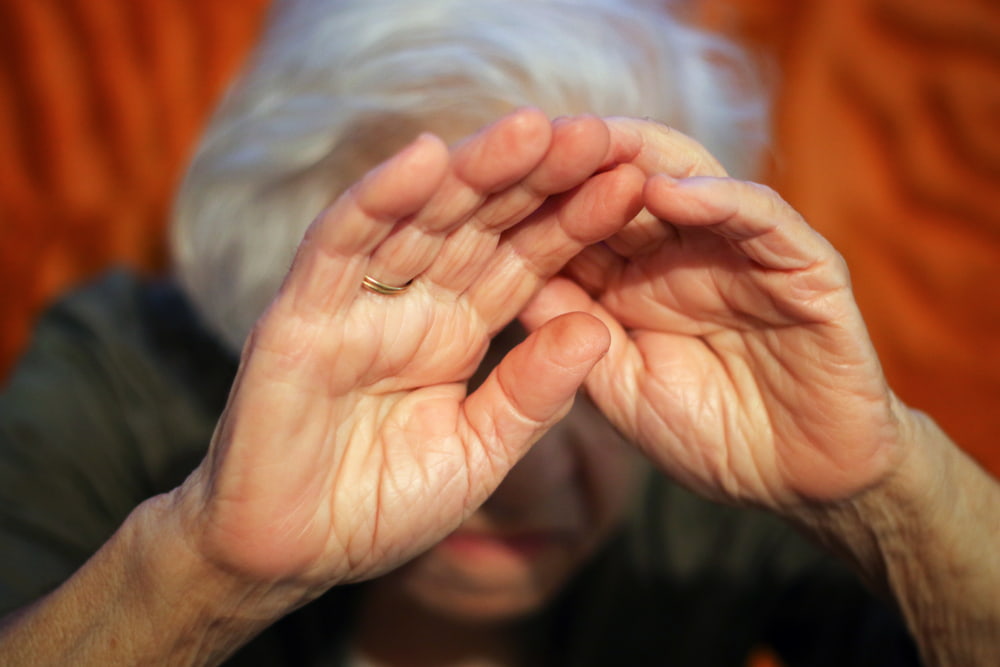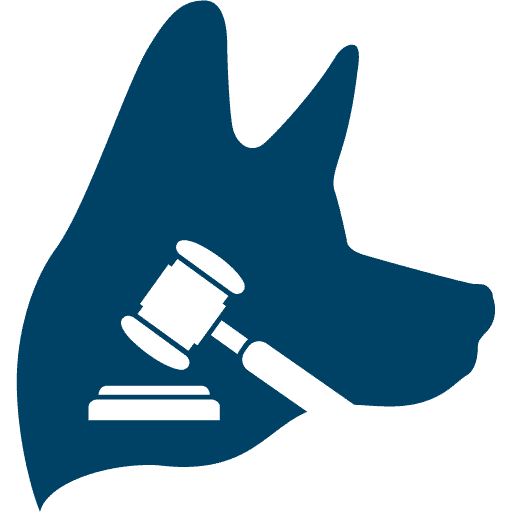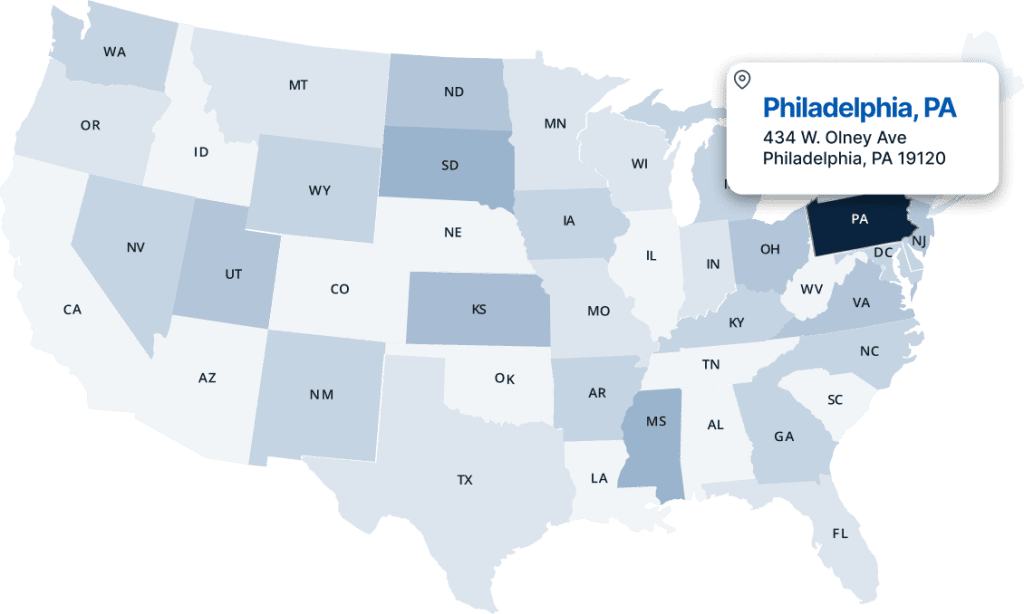Home » Nursing Home Abuse Lawyer » Alabama Nursing Home Abuse Attorney
When a loved one enters a nursing home, you trust that they will receive the care and respect they deserve. Unfortunately, not all nursing homes uphold their responsibilities, and some residents suffer from abuse or neglect. If you or a family member have experienced harm in a nursing home or senior care facility in Alabama, help is available.
A local attorney from TopDog Law’s network of qualified Alabama nursing home abuse lawyers will evaluate your case and explain your options for seeking justice and compensation.

It costs absolutely nothing to see if you have a case



Nursing home abuse occurs when a staff member or caregiver intentionally causes harm or fails to provide necessary care to a resident. The abuse can take many forms, some of which may be difficult to detect immediately. Common types of nursing home abuse include:
The emotional toll of nursing home abuse is often as severe as the physical injuries. Victims may feel helpless, afraid, or embarrassed to speak out. It’s critical to ensure that those responsible for this mistreatment are held accountable.
While abuse involves intentional harm, neglect in a nursing home typically occurs when caregivers fail to meet the resident’s basic needs. Neglect can be accidental, but the consequences are no less serious. In many cases, abuse and neglect happen together, creating an even more dangerous environment for residents.
Examples of neglect in nursing homes include:
Neglect may not always involve physical harm, but it can severely affect a resident’s health and well-being. Whether the harm comes from abuse, neglect, or a combination of both, legal action may be necessary to protect the rights of the elderly and vulnerable. A personal injury lawyer who focuses on these types of cases is a valuable advocate.

If your loved one has been harmed in an Alabama nursing home, several types of personal injury claims may arise. These claims often seek to compensate the victim for the injuries and trauma they have suffered due to the facility’s failure to provide proper care. Some potential claims include:
Nursing home abuse cases can be complex, involving multiple parties, conflicting reports, and extensive evidence. Speaking to a personal injury lawyer can help you understand the best path forward and ensure that your loved one’s rights are protected. An attorney can:
In addition to general personal injury laws, nursing homes are regulated by both state and federal laws, such as the Alabama Elder Abuse Protection Act and the federal Nursing Home Reform Act. A local lawyer understands the state and federal regulations around these cases.
It’s also important to consult an attorney as soon as possible, as Alabama law sets strict deadlines for filing nursing home abuse lawsuits. The statute of limitations for personal injury claims in Alabama is generally two years from the date of injury or discovery of the injury. The statute of limitations for wrongful death claims is also two years from the date of death.
Several parties may be held liable in a nursing home abuse or neglect case, including:
Your nursing home abuse attorney will investigate the specifics of your case to determine who should be held accountable and pursue compensation from all responsible parties.


The compensation available in a nursing home abuse or neglect claim varies depending on the specifics of the case. However, victims and their families may be entitled to compensation for:
In wrongful death cases, additional compensation may be available for funeral costs and the emotional toll of losing a loved one. A skilled Alabama lawyer can provide guidance on what compensation may be available in your case.
If your loved one has suffered from abuse or neglect in an Alabama nursing home, you don’t have to face the legal process alone. A skilled personal injury attorney from TopDog Law’s network can help you understand your legal options and pursue the compensation your family deserves.
Whether you are filing a personal injury lawsuit or seeking justice for a wrongful death, your lawyer will handle the complexities of the case, allowing you to focus on supporting your loved one.
Contact TopDog Law today to be connected with a lawyer who can assist you in seeking justice for nursing home abuse or neglect in Alabama. Call us nationwide at 205-539-0893 or contact us online for a case evaluation.

950 22nd Street N. Suite 600
Birmingham AL 35203
TopDog Law is known for its relentless pursuit of justice. Our experienced team fights tirelessly to secure maximum compensation for our clients, ensuring every case is handled with dedication and determination.
We understand the emotional and financial toll that personal injuries can take. That’s why we prioritize open, compassionate communication and provide tailored support throughout the legal process. With free consultations and a contingency fee model, you won’t pay a dime unless we win your case.
With TopDog Law on your side, you can rest assured that you have a tenacious, experienced team fighting to get you the compensation you deserve, no matter where you’re located.

TopDog Law is a national marketing network for law firms, including Helm Law Group, LLC, which license the TopDog Law name and separately operate in states where they are each licensed. James Helm is licensed to practice in Arizona and Pennsylvania. Helm Law Group, LLC operates in Arizona.
3225 Cumberland Blvd, Ste 100
Atlanta, GA 30339
111 Presidential Blvd., Suite 251
Bala Cynwyd, PA 19004
1 South St, Suite 2125A
Baltimore, MD 21202
950 22nd Street N. Suite 600
Birmingham, AL 35203
361 Newbury Street, 3rd Floor
Suite 310
Boston, MA 02115
305 E 204th St.
Bronx, NY 10467
215 E 5th St, Unit 1 Suite 400-3
Brooklyn, NY 11218
1207 Delaware Ave, Suite 012
Buffalo, NY 14209
101 N Tryon St. Suite C
Charlotte, NC 28246
6343 S Western Ave.
Chicago, IL 60636
2217 E 9th St, Suite A
Cleveland, OH 44115
66 S Logan St Suite B
Denver, CO 80209
645 Griswold Street, Suite 1309
Detroit, MI 48226
863 Massachusetts Ave 2nd floor Suite B
Indianapolis, IN 46204
317 E Capitol St suite 200C
Jackson, MS 39201
1701 Troost Ave suite 202b
Kansas City, MO 64108
#8 Shackleford Plaza, Suite 304
Little Rock, AR 72211
8124 W 3rd St, Suite 201
Los Angeles, CA 90048
3385 Airways Blvd Unit 301F
Memphis, TN 38116
1433 N Water St Suite 400D
Milwaukee, WI 53202
600 Mount Prospect Avenue, Suite A
Newark, NJ 17104
66 Franklin St, Suite 300C
Oakland, CA 94607
5627 Germantown Ave Suite 420
Philadelphia, PA 19144
2700 N Central Ave Suite 320B
Phoenix, AZ 85004
6425 Living Place, Suite 200
Pttsburgh, PA 15206
920 West Sproul Road, Suite 201
Springfield, PA 19064
4625 Lindell Blvd Suite 200 & 300C
St. Louis, MO 63108
1150 Connecticut Ave NW, Suite 802B
Washington, DC 20036
6832 W North Ave Suite 2A
Chicago, IL 60707
3509 Haverford Ave, Suite 102
Philadelphia, PA 19104
Copyright 2025 All Rights Reserved © TopDog Technologies, Inc. and Helm Law Group, LLC
403 Olde House Lane Media, PA 19063
